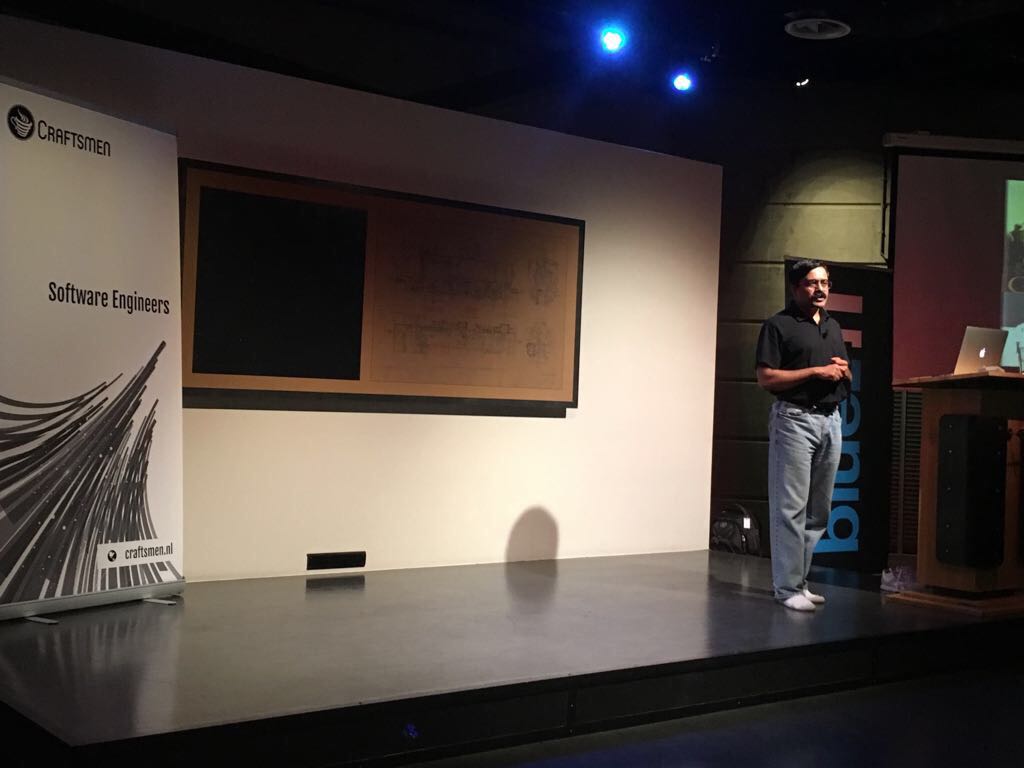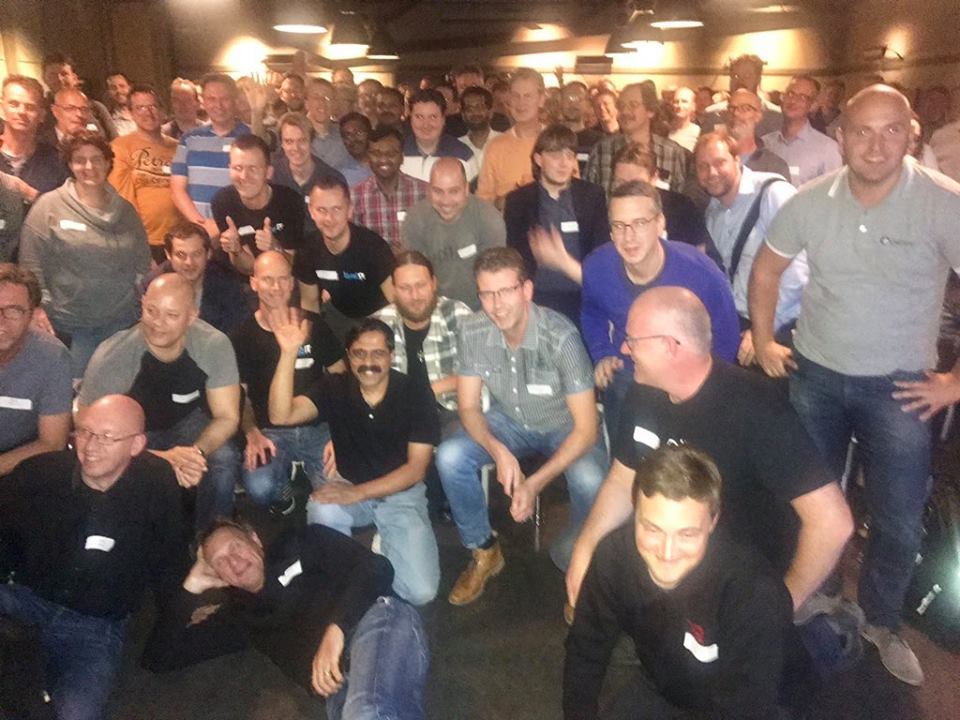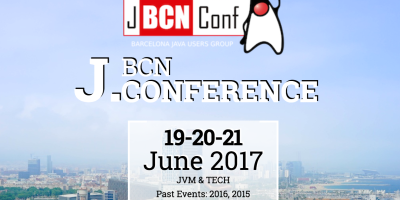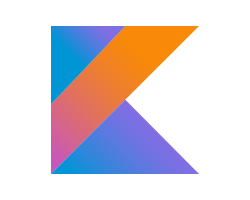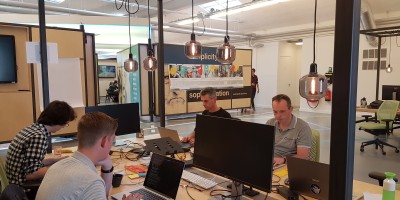Op maandag 11 september zijn de verwachtingen hooggespannen. Op toplocatie Spoorwegmuseum in Utrecht komen 150 Software Engineers een kijkje nemen in de keuken van Venkat Subramaniam.
Met Craftsmen op de eerste rang.
Tijdens de sessie zet Venkat 12 praktische manieren uiteen om brakke code op te frissen. Benieuwd? Check het verslag op YouTube: https://lnkd.in/gs6tSUw
Na afloop van de talk weten collega’s Dirk Luijk en Jan Plas ‘m te strikken voor een interview.
Interview Venkat Subramaniam
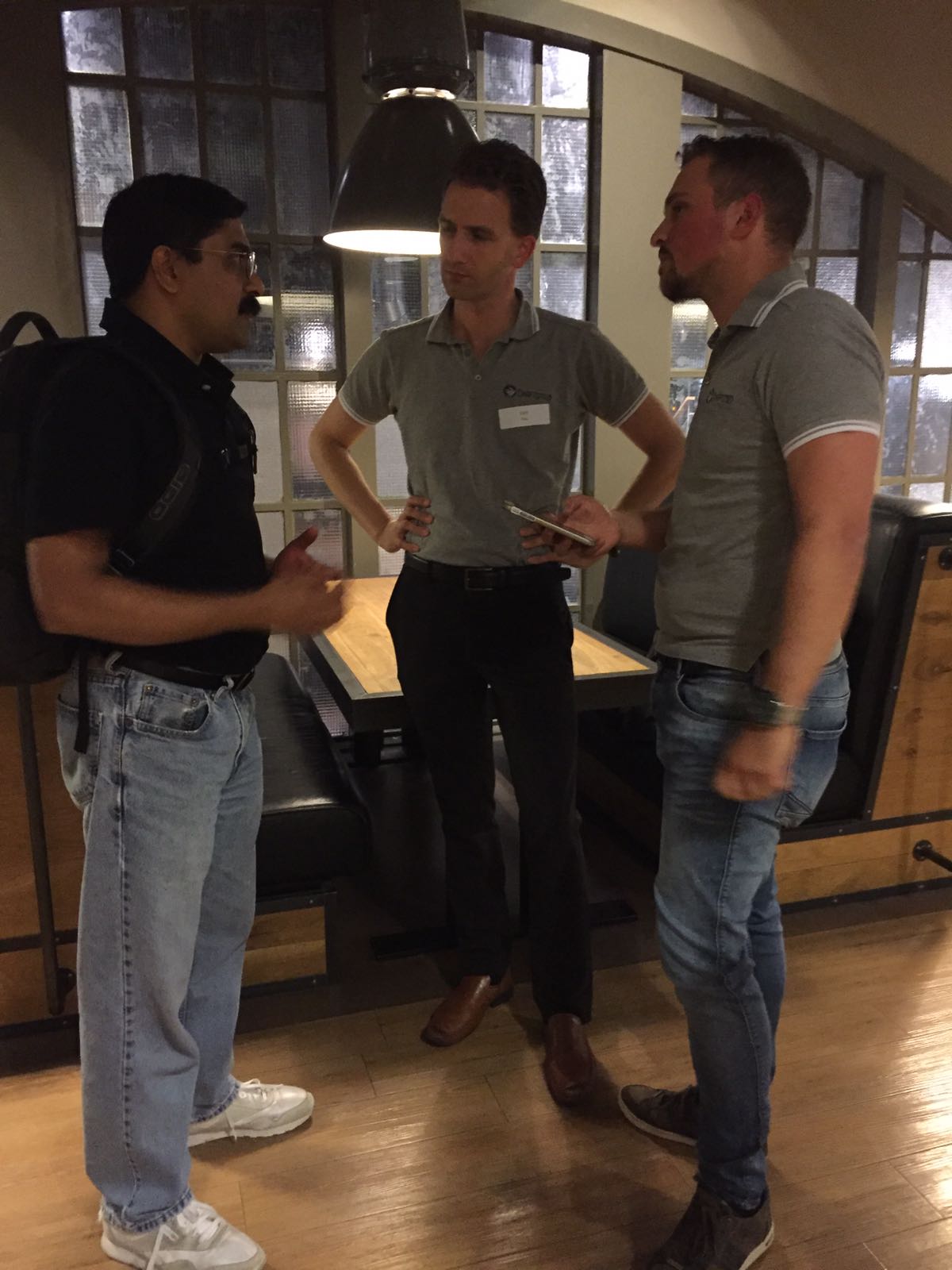

What brings you to The Netherlands?
I am getting to my 50th birthday and I had this little idea to speak in 50 user groups celebrating my 50 years on this planet, within one year.
Yesterday I spoke in Dublin, that was 8 out of the 50, today here is the 9th.
You have been to The Netherlands a couple of times already, what do you like most of it?
When I talk to people I always hear that the Netherlands is a small country. However, I think it’s a really big country, if you look at passion for coding.
Every time I have been here in the last fifteen years I always leave excited because the developers are passionate and eager to learn.
So you like to travel?
The irony is that I don’t like the travel itself, but once I get to the destination it’s a lot of fun. I like meeting developers.
You travel a lot and do a lot of talks, do you actually still do coding?
Yes. For me, coding is not a profession, coding is an addiction. I have to code every day to get ideas. Also, I work as a consultant for my clients so I get to write quite a bit of code.
You can’t simply get ideas just by talking about it, you have to really get your hands wet. I am a technical coach, not a process coach.
You talked about reducing technical debt, what do you think is the best way to convince your product owner to invest time in it?
The first question I like to ask: have we convinced ourselves of the need? If so, then it becomes easier to convince other people.
As technical people we understand the technical consequences and problems. What we need to do is to translate that into economical concerns. Then we are able to make a better case.
If we don’t do that all they hear is bla bla bla. It’s noise to them. We have to translate that noise into business logic.
Speaking of business: Java as a programming language, what do you think of its future?
I once was one of those guys complaining that Java sucks… But I think Java 8 really was a game changer!
It helped a large volume of Java developers adapt to functional style of programming, and it raised the bar for the other languages.
My opinion about Java completely changed. Today I am actually an advocate, actively helping clients get better at using Java 8 and functional style programming.
So I think the future of Java language is quite bright. I also think that the Java ecosystem itself, the JVM platform, is one of the strongest platforms.
One of the things that can eventually be a concern is that Java doesn’t quite have a lot for the front-end. Java is very strong at the server-side.
What will happen in the front-end might impact Java’s long term future.
About functional programming, do you agree that people are educated the wrong way, too much the old imperative style?
It is true. And there are a couple things we can actually do about it. For starters, more universities have to educate students in the right way.
I spoke to someone that took computer programming courses in school, but the faculty made it so abstract and so weird, that he really didn’t get anything out of it at all.
We should make programming more approachable.
One of the things I do is, I don’t tell students functional is the right way. There is not one way, you have to learn multiple ways and then decide which is best for the problem at hand.
Now, you are a great motivator, what is it that motivates you?
Curiosity is what gets me excited. The best moments for me are when I wake up in the morning and I tell myself: “o my gosh, I really understand this!”
When I struggle with different paradigms and concepts, these things intimidate me as much as anybody else. Then I spend days, sometimes even weeks or months, but one day it collects.
And the joy that comes from when it collects is well worth all the time and effort.
The pleasure of learning and improving things, whether it’s for a client, for a student or a fellow developer that is struggling with it as much as I did, that joy, that is what makes me tick.
